“Starcups Workers Unite!” — Students Learn Their Workplace Rights
The director of the Young Workers Education Project describes a high school simulation based on recent Starbucks workers’ organizing.
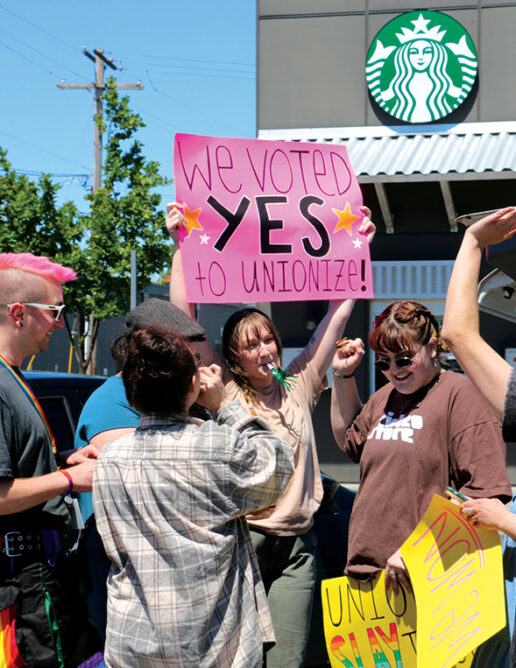
The director of the Young Workers Education Project describes a high school simulation based on recent Starbucks workers’ organizing.
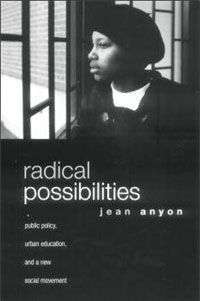
Books:
It’s Still the Economy, Stupid…

This content is restricted to subscribers

This content is restricted to subscribers
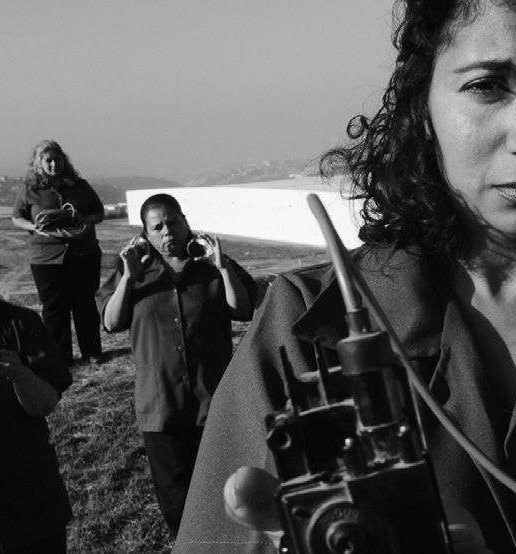
By Julie Treick O’Neill A review of the film Maquilapolis [City of Factories]
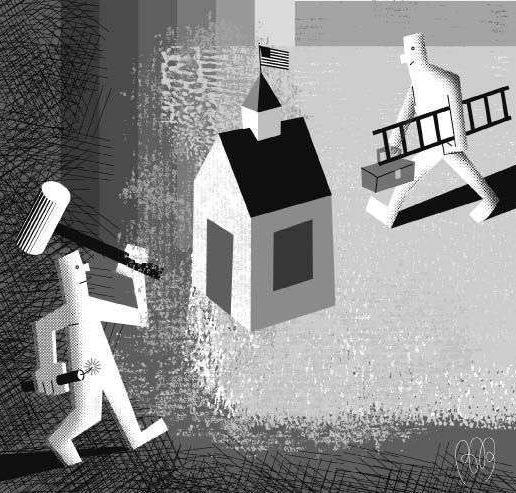
UCLA professor blunts anti-public school rhetoric with honest insights on education.
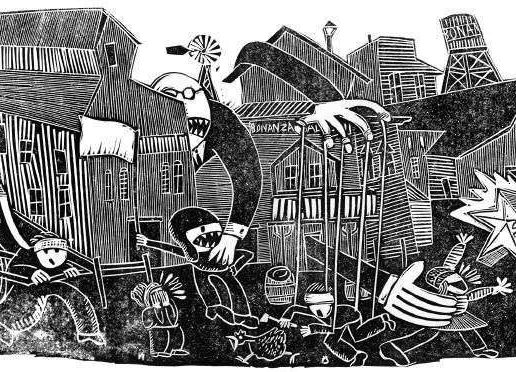
CBS goes overboard with this painful exploitation of children.
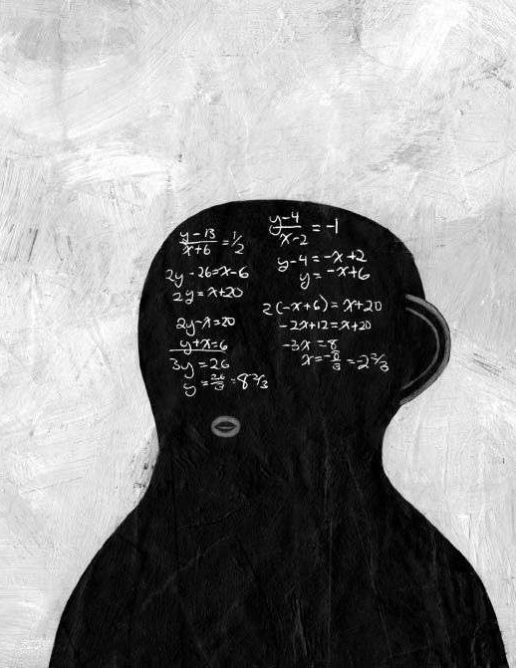
This content is restricted to subscribers
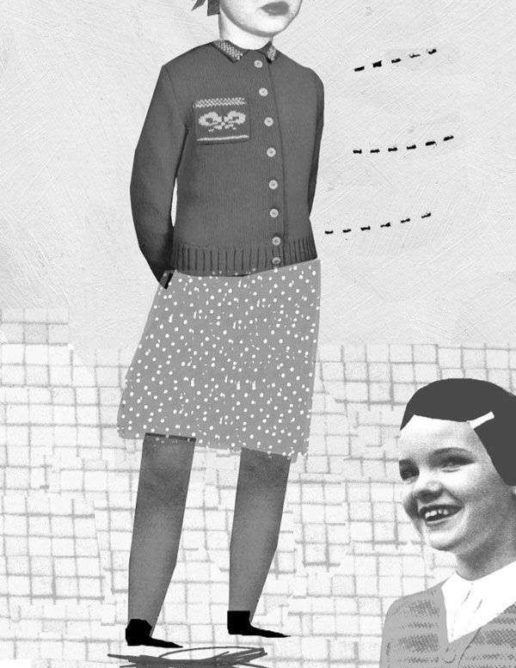
Linda Christensen gets students to write critically about clothes, class, and consumption.
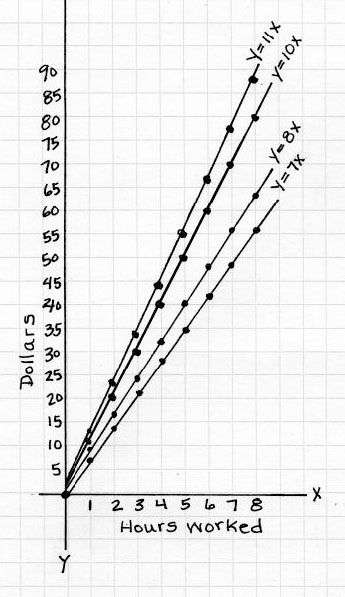
Eighth graders finally get what they ask for: an algebra lesson for the real world.”
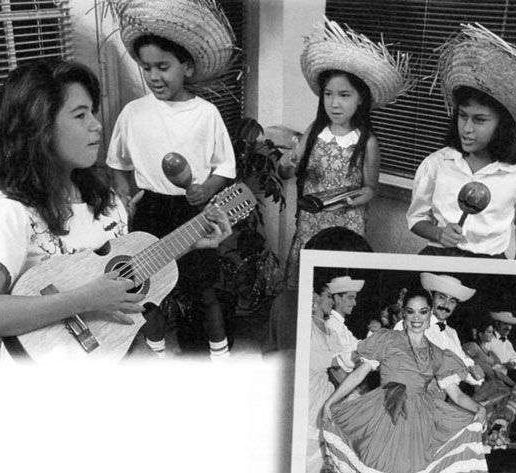
Latinos dance, they sing, they happily play baseball. And what great food!
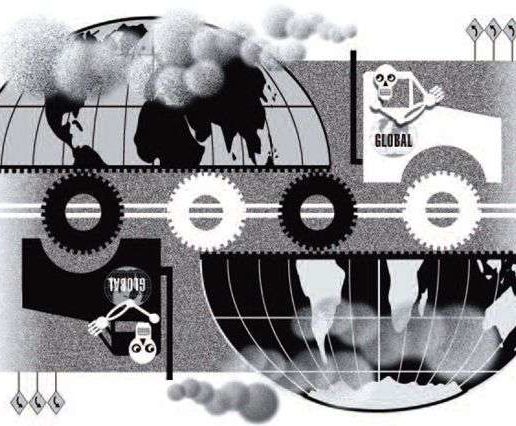
Helping kids who’ve grown up in the truck culture” examine climate change.
“
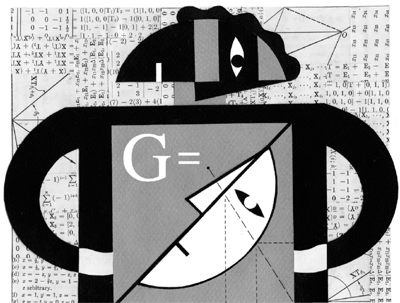
This content is restricted to subscribers

A teacher observes social inequities during a class trip.
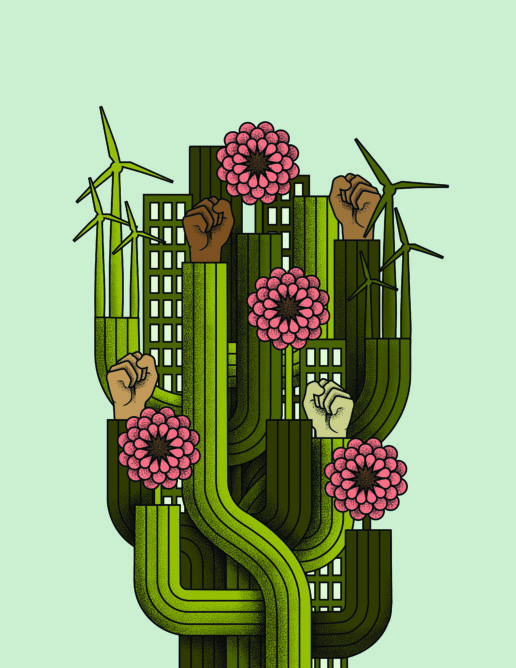
So often, the climate crisis is presented in frightening, threatening terms: rising seas, superstorms, raging wildfires, unlivable temperatures, species extinction, disappearing glaciers, dying coral, climate refugees. These are real. But the paradox is that this dystopian possibility is forcing us to imagine an entirely different kind of society. Schools have a central role to play in devising new alternatives and equipping young people to bring those alternatives to life. This is the work we’ve been assigned.

A 3rd-grade teacher uses thousands of pieces of macaroni to facilitate a lesson about fractions and to spur classroom conversations about wealth inequality.
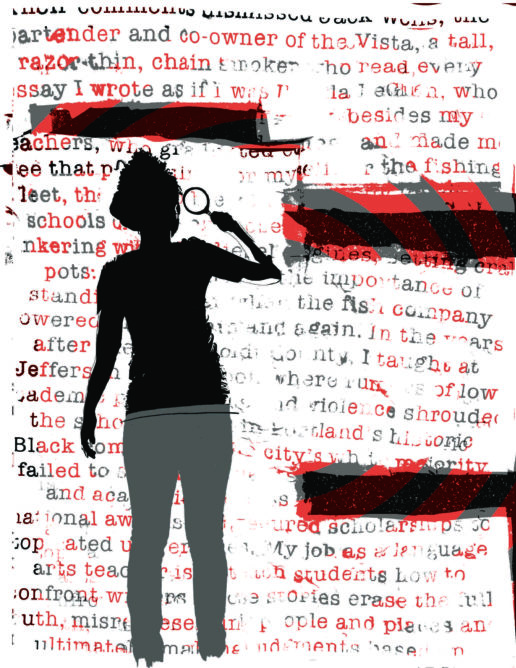
“Part of the work of teaching students to read is teaching them to question not only the written word, but also the author,” Christensen writes in her article about teaching students how to confront writers whose stories erase the full truth and misrepresent people and places.
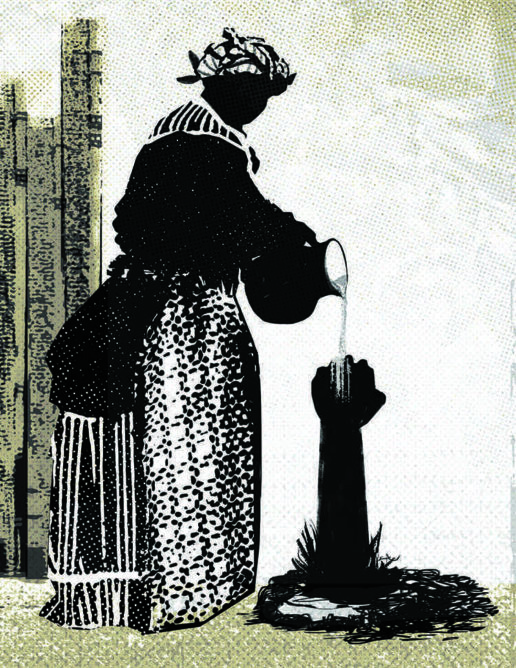
Unfortunately, the transformative history of Reconstruction has been buried. First by a racist tale masquerading as history and now under a top-down narrative focused on white elites. It’s long overdue we unearth the groundswell of activity that brought down the slavers of the South and set a new standard for freedom we are still struggling to achieve today.
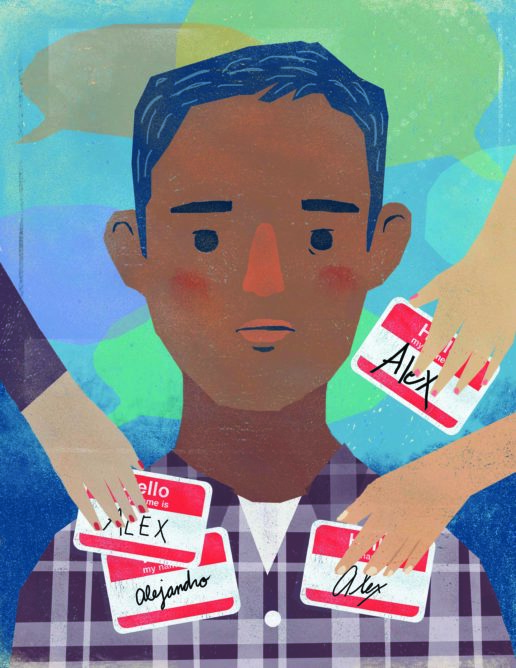
Students’ names are the first thing teachers know about the young people who enter our classrooms; they can signal country of origin, gender, language. Students’ names provide the first moment when a teacher can demonstrate their warmth and humanity, their commitment to seeing and welcoming students’ languages and cultures into the classroom.
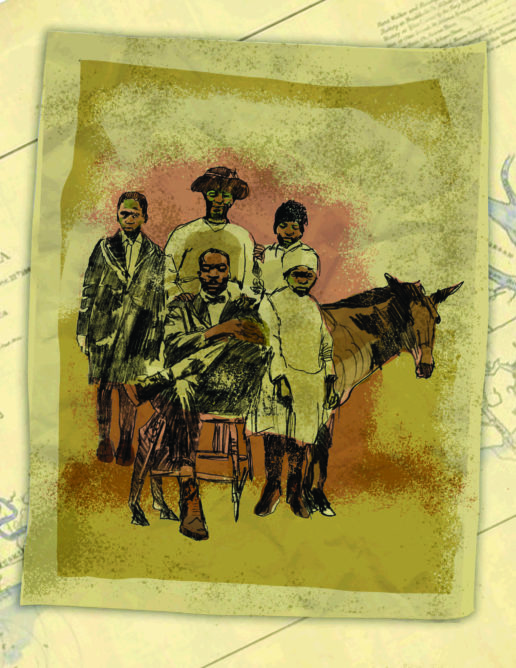
A high school teacher uses a role play so students can imagine life during Reconstruction, the possibilities of the post-Civil War era, and the difficult decisions that Black communities had to wrestle with.

The latest installment of our Earth, Justice, and Our Classrooms column looks to a piece of very good news that national media missed following the 2018 midterm elections. By a margin of almost two-to-one, tens of thousands of Portland, Oregon, voters approved an imaginative clean energy initiative that offers a model for the rest of the country — at the ballot box, but also in our classrooms.
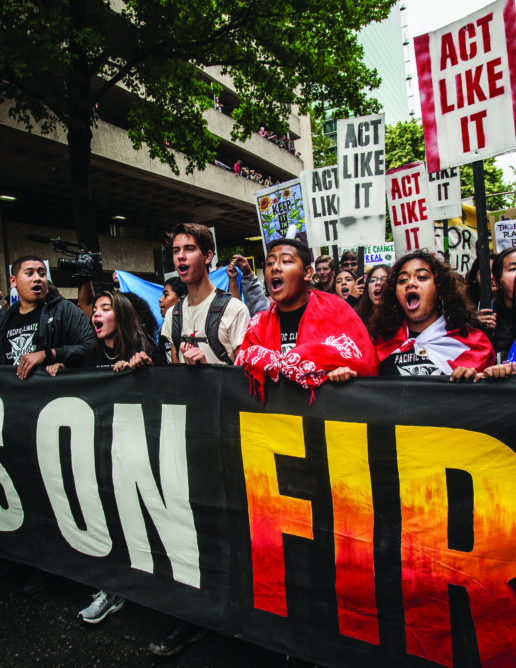
“Climate justice” education means a lot of things. But one key aspect is that we involve students in probing the social and economic roots of the crisis.
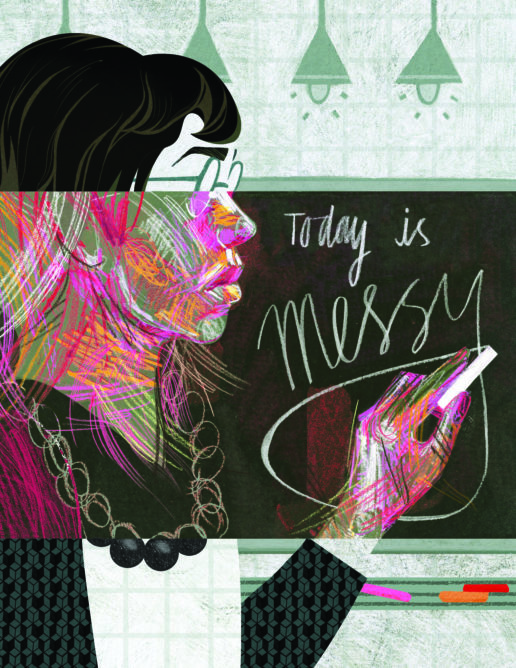
A special education teacher talks about the importance of sharing her own stories — and complexities — with students.
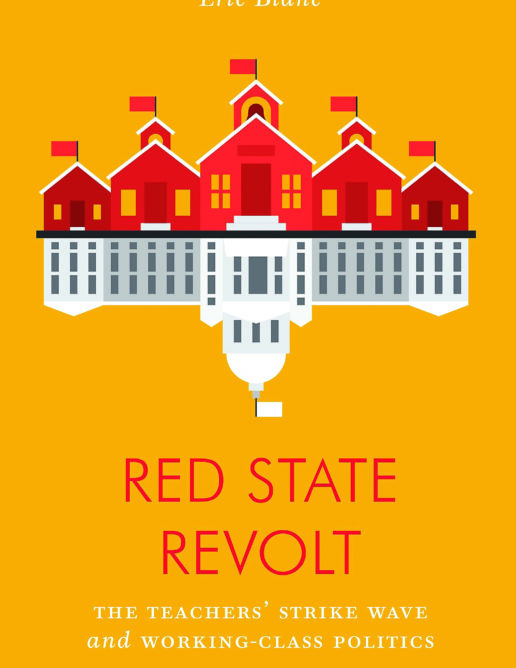
Fred Glass reviews Eric Blanc’s Red State Revolt: The Teachers’ Strike Wave and Working-Class Politics
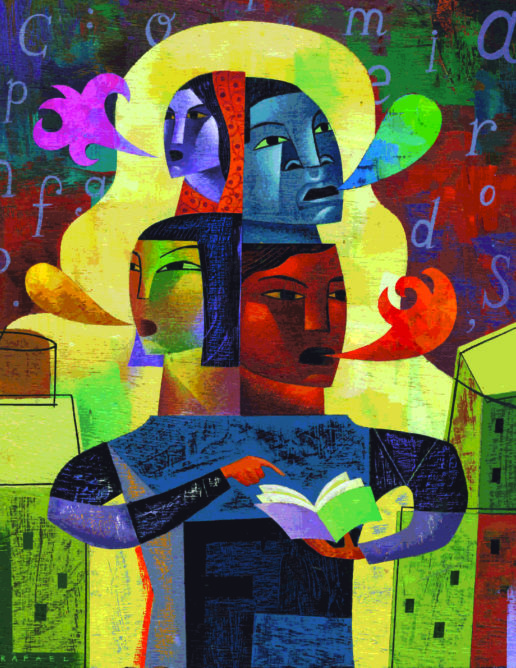
The director of a world language teacher preparation program argues for an end to the edTPA because it bars native Spanish speakers from public school classrooms.